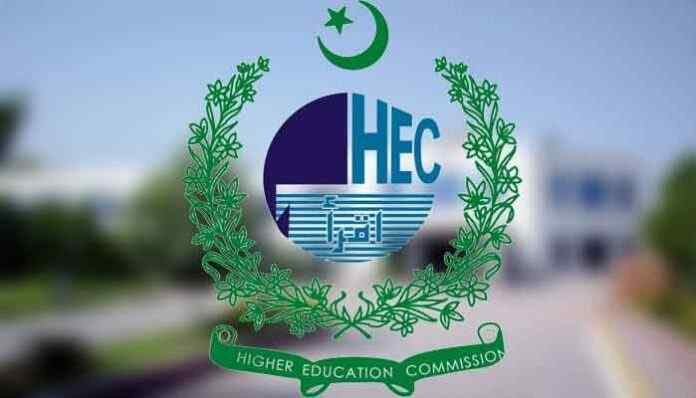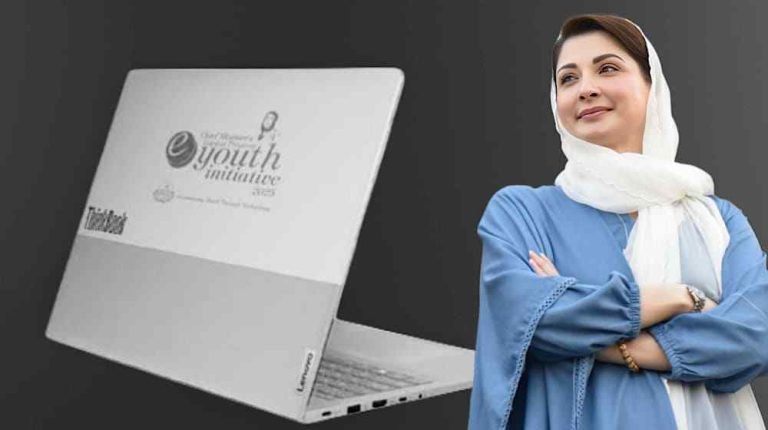CCP Flags Sugar Industry Data Manipulation, Urges End to Government Controls
The Competition Commission of Pakistan (CCP) has accused the country’s sugar industry of feeding false information to the government for nearly 20 years — a tactic it says has fueled repeated shortages and price spikes.
In a recent briefing, CCP Chairman Dr. Kabir Ahmed Sidhu told Finance Minister Muhammad Aurangzeb that mill owners have been supplying inflated or misleading production and stock figures to the Sugar Advisory Board. These figures, he said, were used to justify export approvals even when domestic supplies were under pressure.
Two Decades of Skewed Data
The CCP’s review of crises from 2008 to 2025 found a pattern: data discrepancies consistently worked in the industry’s favor. When challenged, millers avoided penalties by offering technical or procedural excuses.
To break this cycle, the CCP recommended bypassing industry-provided numbers altogether. Instead, it suggested sourcing figures from provincial sugarcane commissioners or independent auditors before making export or import decisions.
Call for Deregulation
The watchdog also urged the government to step back from regulating sugar production and pricing, arguing that state intervention has warped competition. According to Dr. Sidhu, a fully deregulated market could prevent cartel behavior and improve efficiency.
The presentation revisited past shortages — in 2008-09, 2015-16, and 2019-20 — and updated the minister on the stalled 2021 order against the sugar cartel, which is now set for rehearing after a tribunal remand.
Government Signals Support
Senator Aurangzeb pledged to speed up court action on the pending cartel case and boost the CCP’s capacity to police the market. He stressed that strong competition laws are vital for consumer protection, market transparency, and economic stability.
Discussions also touched on possible regulatory tweaks to prevent future market disruptions and ensure the CCP can act decisively against anti-competitive practices.







